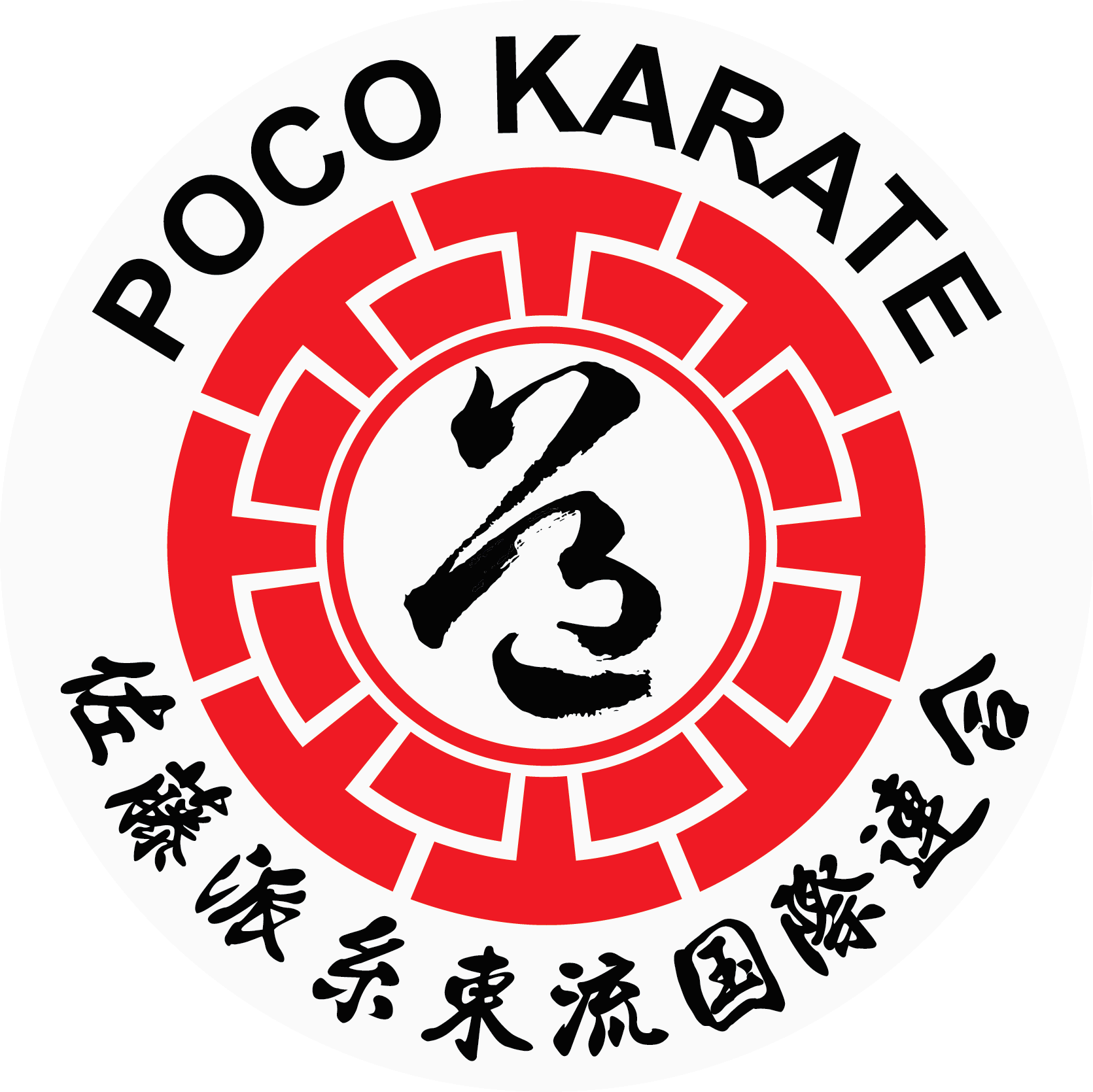Cultivating Intrinsic Motivation
- pocokarate
- Sep 15, 2023
- 3 min read
Martial arts has a lot going for it, especially for children. It can help to develop confidence, physical literacy, manners and respect. It helps to overcome the challenges of a world that prioritizes instant gratification. It can also help in the often misunderstood topic of discipline.
There are many interpretations of the word discipline when it comes to martial arts, and some come from a different era where most of society had different notions about disciplining children. At PoCo Karate, we have a more modern approach to the topic of discipline, which is about cultivating intrinsic motivation and not punitive or excessive external motivation.
Let's face it, learning how to do Karate effectively takes an enormous about of time and effort. Practice makes perfect, as the saying goes...and there are drills and Kata that I have done tens of thousands of times in pursuit of this ideal. There is nobody telling me to do all this work, and very little external motivation involved. I have managed to develop intrinsic motivation to keep up my training by finding ways to overcome any mental obstacles that would interfere. This is the type of discipline that I am guiding my students towards. When the work seems pointless, we try to find the purpose and meaning, and connect that to our bigger picture goals. If a task is overwhelming, we learn to divide and conquer and focus on smaller objectives at a time. When the work is hard and boring, we seek out ways to make it fun, or alternative, novel ways to achieve the same outcome. We learn that we are making progress, even if it feels sometimes like we have plateaued. When something feels insurmountable, we seek out the camaraderie of our peers, and work towards it together as a team. When we see others struggling, we lend our hand and lift them up.
There are some people that expect that a martial art is a solution to behavioural problems, and the type of discipline they are seeking is somewhere in the spectrum of "tough love" to punitive discipline. Some are hoping to fix a problem of low motivation by finding an instructor that will push their child excessively hard to achieve the parent's goals. This tough and inflexible discipline approach to "rewire" brains is especially damaging for neurodivergent children, as they often receive a disproportionate share, while gaining little from it. All of these approaches may seem effective at first, but they treat a symptom and may form more underlying problems. They are both negative external motivation approaches, and in the long run, they may end up teaching the student the opposite lessons of what was expected. The student often learns to do what you want *only* to avoid negative external consequences, and it can decrease motivation for daily tasks where there is no external motivation. Another key challenge is that instead of learning respect, some students develop deep resentment towards authority. Respect must be given in order to be received. What we want to teach students is intrinsic motivation, because it is something that will help them for their entire lives. For these reasons, this kind of negative motivation discipline is not what we practice at PoCo Karate.
There is no quick fix to challenges with motivation, but with the right guidance, a student can strengthen the skill of intrinsic motivation. Our style of Karate does not exist to serve short term goals at the expense of long term health and well-being. This mindset can be summed up succinctly by the following quote from the founder of Shito-Ryu Karate, Mabuni Kenwa (1889-1952): "Karate-do is a lifetime study".










Comments